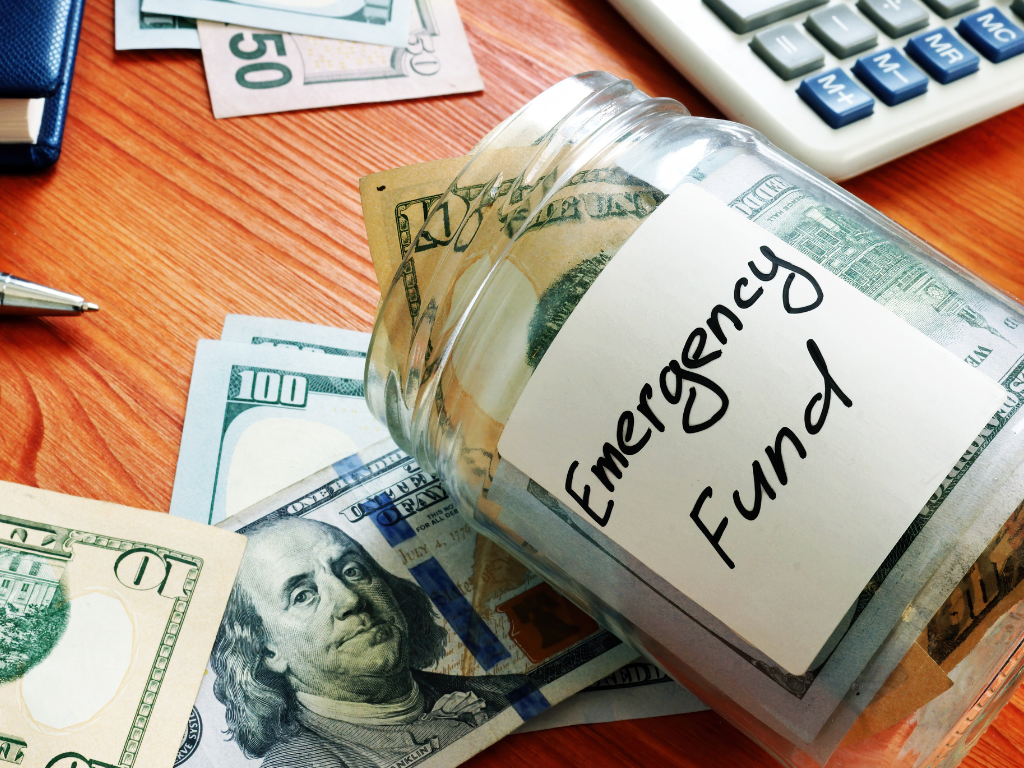The construction industry is enjoying a time of robust growth. According to FMI,
- Total construction put in place estimates for the U.S. project positive momentum in the top three categories, residential, non-residential, and nonbuilding structures, over the next 5 years
- Top-performing segments (+5% or more) include office, educational, public safety, transportation, manufacturing, highway and street, water supply, and conservation and development.
- Several segments remain stable at 0-4% growth; single-family, improvements, commercial, health care, amusement and recreation, communication, power, and sewage and waste disposal.
- Only three segments are undergoing a downward trend; multifamily, lodging, and religious.
- Between 2013-2017, operating profit margins of non-residential construction firms grew at 17.3% CAGR. he Employer Identification Number (EIN).
In spite of these strong numbers and a sunny forecast, there is a little word that continues to loom over the marketplace. Recession. It’s on the lips of every forecaster, talking head, and nutty uncle. The problem is, the market is ripe with opportunity. Contractors are enjoying a perennial season of growth, the most profitable time since the recession, with no signs of slowing down. Business owners are swimming in success, realizing full teams, higher revenues, and greater margins.
Good Business Practices
Sometimes, positive results are the symptom of operational excellence. In many cases, however, increased profit margins and business growth are simply the product of a good market. In times of prosperity, the temptation is to get comfortable. The reality is that if you get too comfortable, you may not be prepared to maintain growth in the face of an economic downturn. Construction business owners can ensure the quality of their practices by examining the following areas:
- More businesses face depletion during an economic surge than in a dip. As a leader, you must address cash flow issues and review your prequalification protocols. Be sure you have the right strategies in place to keep business moving in the event of a downturn. Minimizing risk takes intention and dedication, especially when growth is high.
- Analyzing your operations while the tide is high gives construction firm owners a unique perspective on project performance, project controls, equipment utilization, and labor management. Now is the time to develop the right reports so you can clearly define what makes a project successful. Go the extra mile to communicate your controls and goals to management and work teams. If you dedicate the time to creating a culture of accountability, having everyone on the same page will help you scale your business to remain profitable in the toughest of times.
- Where would you be without someone to swing the hammer? Personnel is the most crucial element in many businesses. When it comes to the construction industry, however, it’s a mixed bag. In times of growth, we see an influx of new hires – and not every hire is high quality. The challenges that face the construction industry are not unique. To assure talent confidence, you must build and enforce an objective performance management culture. Right now, recession is in the “future.” The talent that will lead your firm will likely come from the largest demographic in the workforce – the millennials. Whether you love them or hate them, the onus is on you to guarantee your workforce has a competitive advantage. Take the time now to assess and improve talent development.
- As profit margins increase, so does the ability to pay higher wages. Compensation will always be a motivator for employees. Creating a recession-proof pay strategy will help you attract and retain high-quality employees and protect your bottom line if the market goes bust. A good approach is to ensure your compensation methods are in balance. People-focused firms tend to defer to a high fixed, low variable compensation plan. This method mitigates payday stress, but it also increases your fixed overhead. Looking for the perfect compensation strategy is similar to Ahab’s search for his white whale. The best philosophy strikes a balance between fixed (base wages) and variable (bonus) compensation, takes into account total rewards (vehicle allowances, insurance, amenities), and mitigates profitability challenges in years of poor performance. Analysis and determination will be unique to your business. Consider running a few projections to determine which model will best suit your firm.
To Delay Is to Disobey
In our lifetime, we have watched economics shift from globalization to internetization. And while the construction industry is somewhat insulated from the challenges of a digitized economy, the fact remains that when a recession hits, everyone feels the effect – from the virtual consulting firm to the corner bakery. The best way to ensure your business can weather the storm, even if it is not yet on the horizon, is to ensure your practices are deeply rooted in good soil. The adage, to delay is to disobey, highlights the tendency we humans have to delay action. In this case, delaying can lead to ruin. You owe it to your business and yourself to obey the signs of cyclical economics and make your firm recession-proof.
If you need help assessing the current state of your business or would like assistance in fine-tuning areas of risk, the professionals in our office are ready for your call.
Sandusky
419-625-4942
Norwalk
419-668-2552
Treasury Circular 230 Disclosure
Unless expressly stated otherwise, any federal tax advice contained in this communication is not intended or written to be used, and cannot be used or relied upon, for the purpose of avoiding penalties under the Internal Revenue Code, or for promoting, marketing, or recommending any transaction or matter addressed herein.
 Home
Home Sign In
Sign In Make a Payment
Make a Payment Search
Search











